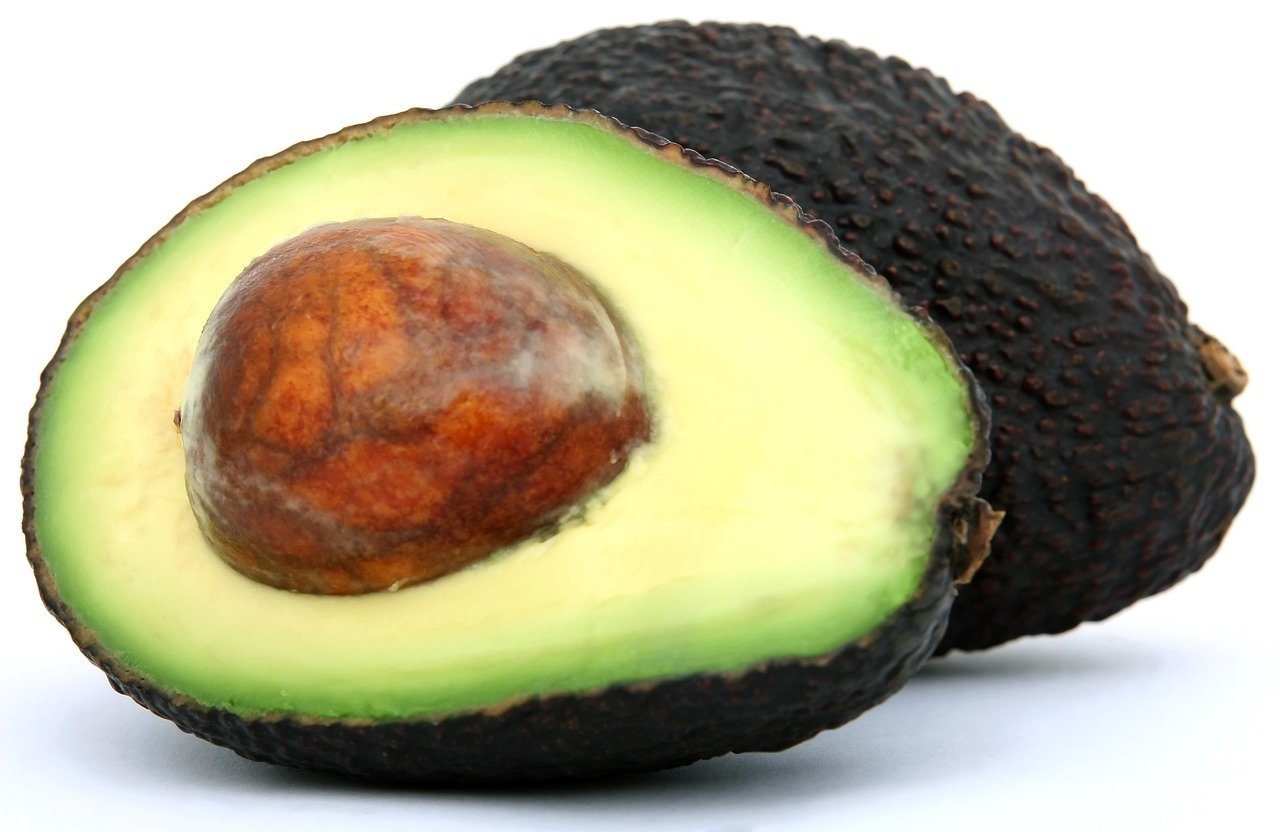The avocado, with its bumpy skin and vibrant green flesh, has become a trendy superfood. But beyond the hype, lies a fruit packed with an impressive array of nutrients that can significantly benefit your health. This article dives into the goodness of avocados, exploring their nutritional value and the potential health advantages they offer.
A Treasure Trove of Nutrients:
Unlike most fruits, avocados are a unique source of healthy fats. A single serving (around half an avocado) boasts nearly 14 grams of fat, the majority of which are monounsaturated fats, particularly oleic acid. Oleic acid has been linked to improved heart health by lowering LDL (bad) cholesterol and increasing HDL (good) cholesterol levels.
Avocados are also a good source of fiber, essential for promoting gut health and keeping you feeling fuller for longer. This can aid in weight management and digestion.
But that’s not all! Avocados are a powerhouse of vitamins and minerals. They are a rich source of folate, important for cell growth and development, especially during pregnancy. They are also a good source of potassium, which helps regulate blood pressure, and vitamin C, a key antioxidant that strengthens the immune system.
Additionally, avocados contain other essential vitamins and minerals like vitamin E, known for its skin health benefits, vitamin K, which plays a role in blood clotting, and B vitamins for energy metabolism.
Potential Health Benefits of Avocados:
The rich nutrient profile of avocados translates to a multitude of potential health benefits. Here are some key areas:
- Heart Health: As mentioned earlier, the healthy fats in avocados can contribute to a healthy heart by improving cholesterol levels and potentially lowering the risk of heart disease.
- Weight Management: Avocados’ fiber content can promote satiety, keeping you feeling fuller for longer and potentially reducing cravings. This can be helpful for weight management efforts.
- Nutrient Absorption: Studies suggest that the healthy fats in avocados can enhance the absorption of fat-soluble nutrients like beta-carotene, lutein, and alpha-carotene, found in other foods you consume.
- Eye Health: Avocados contain lutein and zeaxanthin, antioxidants that may protect your eyes from age-related macular degeneration and cataracts.
- Digestive Health: The fiber content in avocados can promote regularity and overall gut health.
- Potential Anti-inflammatory Effects: Some studies suggest that the bioactive compounds in avocados may possess anti-inflammatory properties.
How to Enjoy Avocados:
Avocados’ creamy texture and mild flavor make them a versatile addition to your diet. Here are some ideas:

- Toast Topping: Mash avocado and spread it on toast for a delicious and nutritious breakfast.
- Salads: Add diced avocado to salads for a creamy and satisfying element.
- Smoothies: Blend avocado with fruits and vegetables for a healthy and filling smoothie.
- Guacamole: This classic dip made with mashed avocado, lime juice, and spices is a crowd-pleaser.
- Dressings and Sauces: Use mashed avocado to create creamy salad dressings or sauces.
Keep in mind: Avocados are high in calories due to their fat content. While healthy fats are beneficial, moderation is key.
Avocados are a delicious and nutritious fruit that can be a valuable addition to a healthy diet. Their rich content of healthy fats, fiber, vitamins, and minerals offer a range of potential health benefits. From promoting heart health to aiding digestion, avocados are a creamy green powerhouse waiting to be incorporated into your meals. So next time you’re at the grocery store, consider adding this versatile fruit to your shopping cart!
